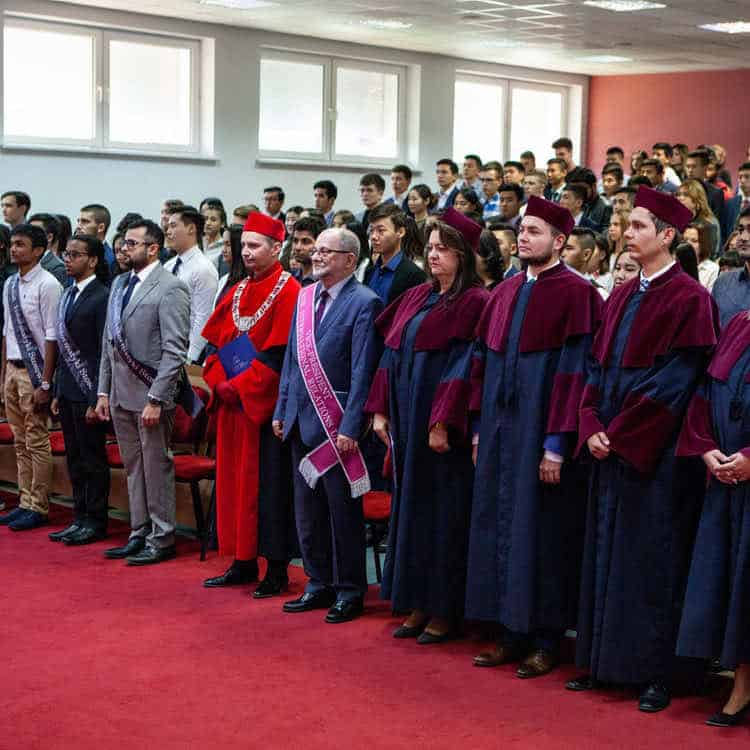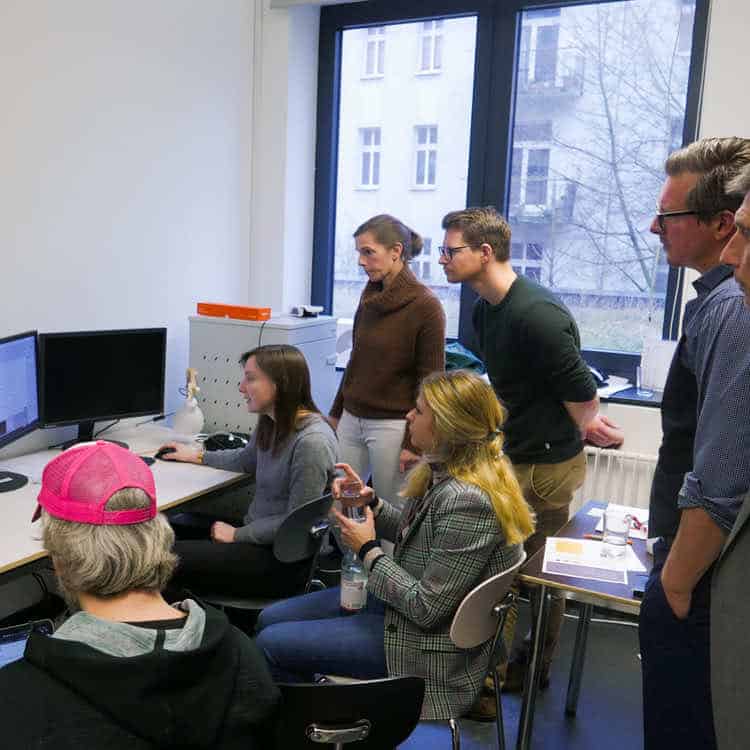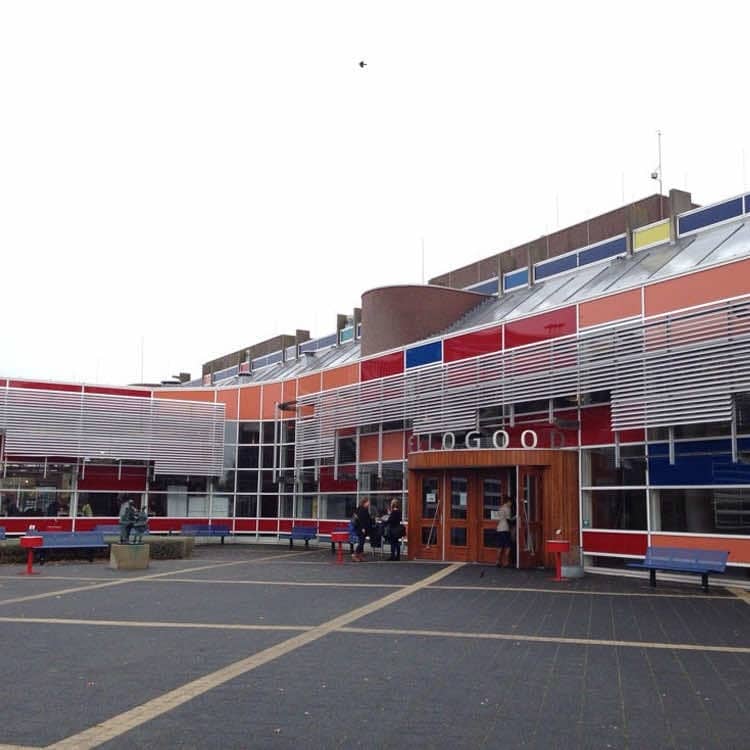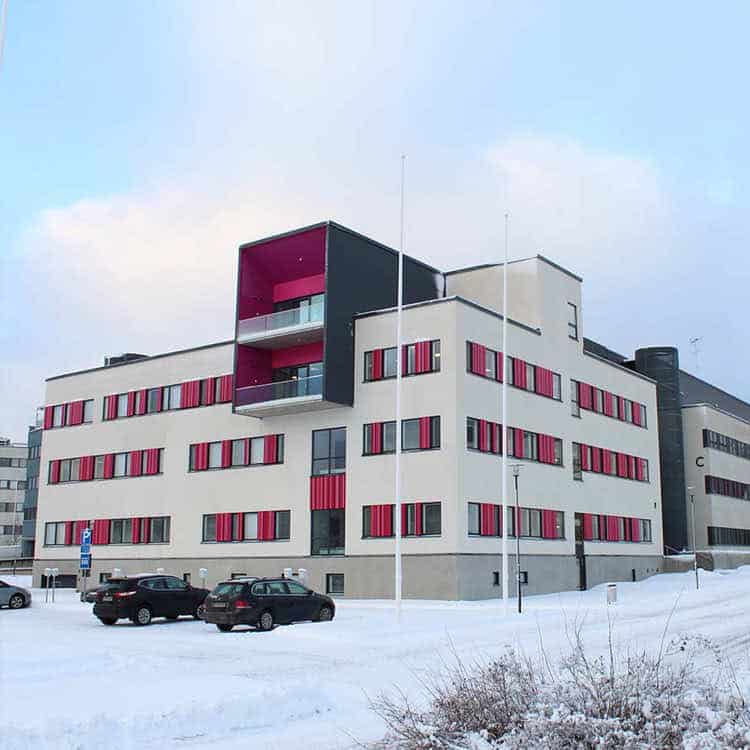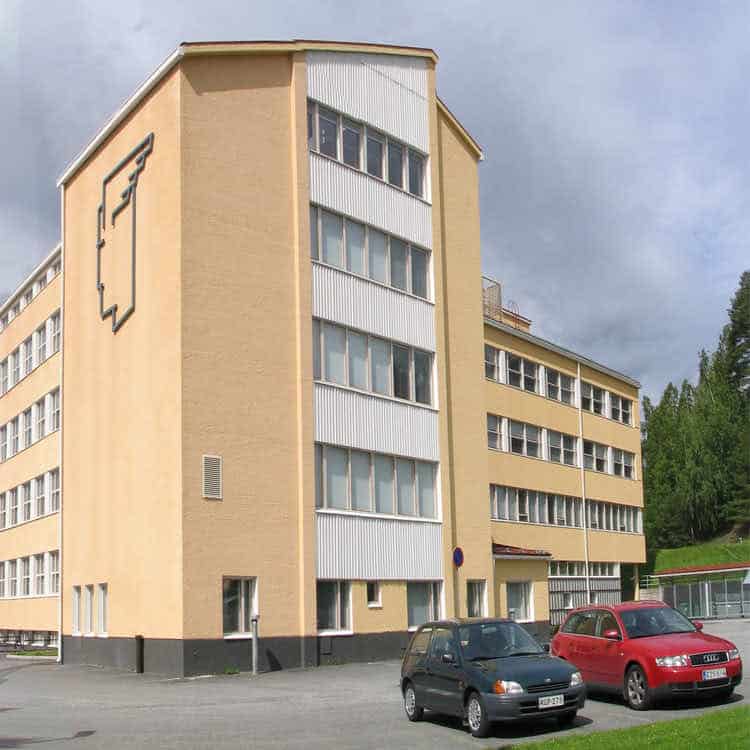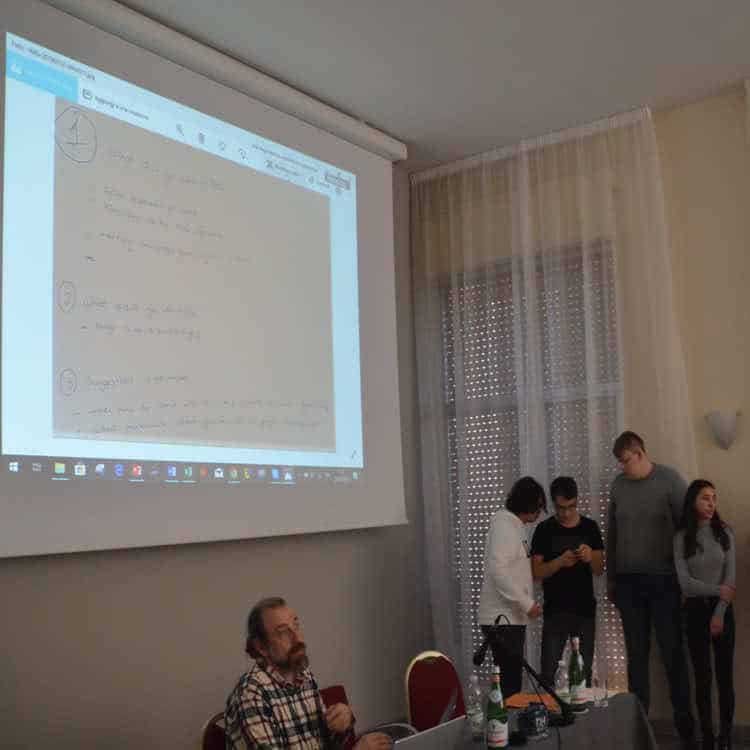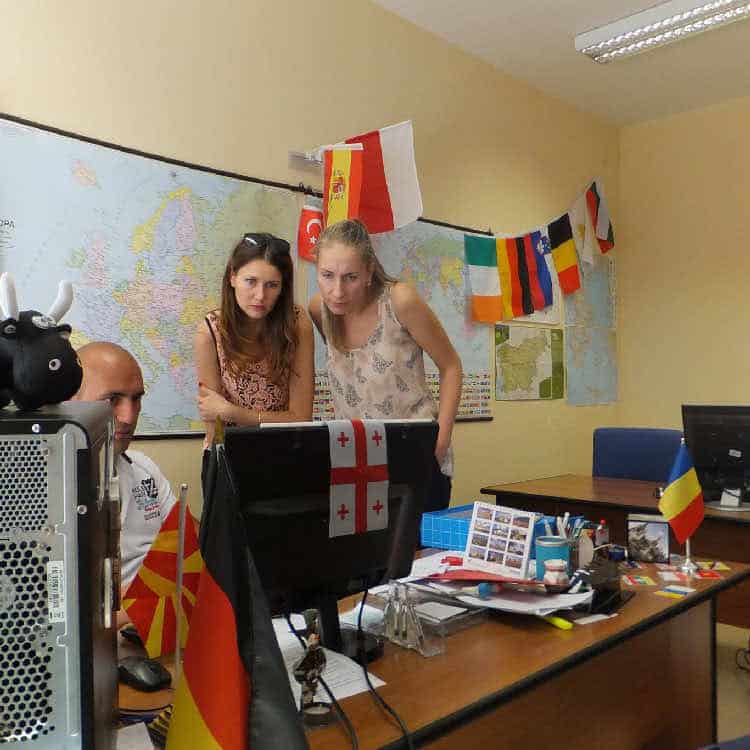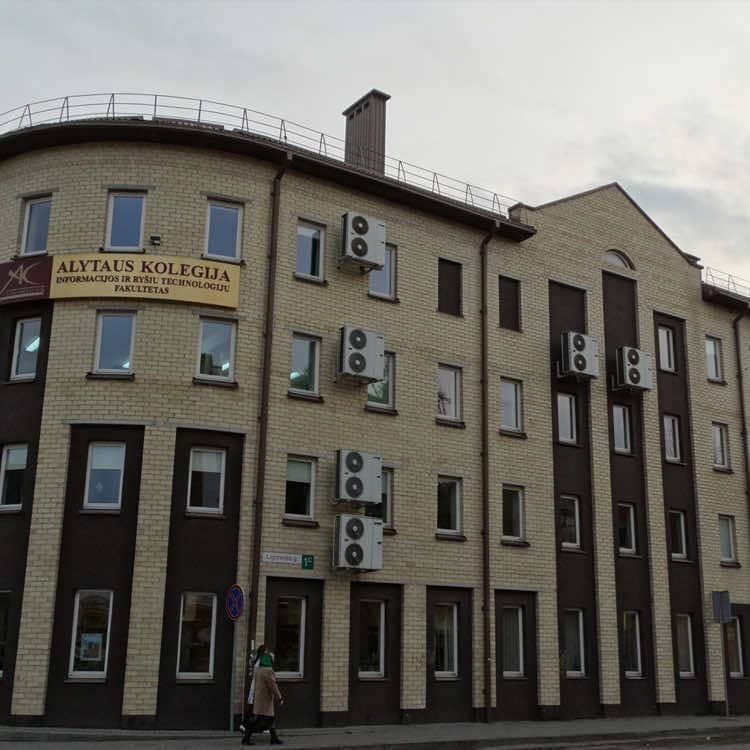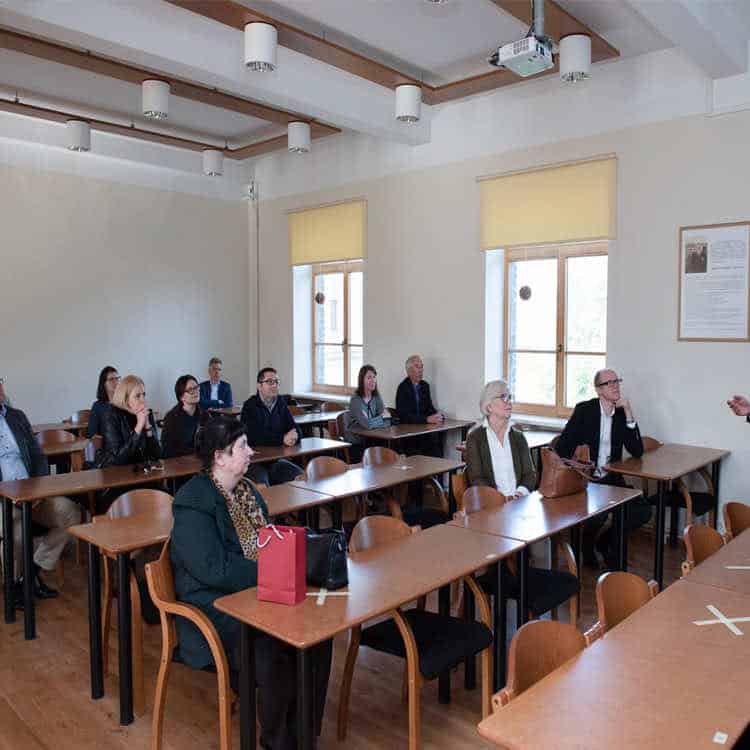All Information and Communication Technology
We’re all aware of how much modern computing and telecommunications simplify our lives, from ordering cat food on Amazon to looking up something we were supposed to know on Wikipedia. At a slightly more abstract level, everything from stock trading to astronomical research would be a hundred times more difficult without the grand system of interconnected computers we know as the internet.Yet, somehow, many non-techies think of computers, software, and networks as something that should “just work”. Society as a whole rarely thinks about how much effort and ingenuity is required to keep all those bits and bytes flowing. The equally important job of making data do something useful, which happens to be the domain of the information and communications technology professional, also tends to be overlooked.It should not, however, be ignored as a possible career: the people working in the background not only fulfill a vital role but can make plenty of money doing so. Information and communications technology graduates typically plan, implement, and administrate computer projects ranging from websites to networks to software packages. During an undergraduate course, they’ll study computer science courses like software architecture, coding, databases, operating systems, networking, and systems analysis. ICT is not, however, a computer science degree. While CS takes a very low-level approach to hardware and software, information and communications are more about the real-world applications of technology. Subjects like business administration, human-computer interaction, and project management are usually also included in an ICT degree.In addition, many degrees allow you to pick a specialization even at the undergraduate level. Some fields you may choose to focus on include video gaming systems, social media analytics, and mobile technologies.




